Halland
WELCOME TO Halland
County Overview
Halmstad
5,454 km2
340,870
Swedish
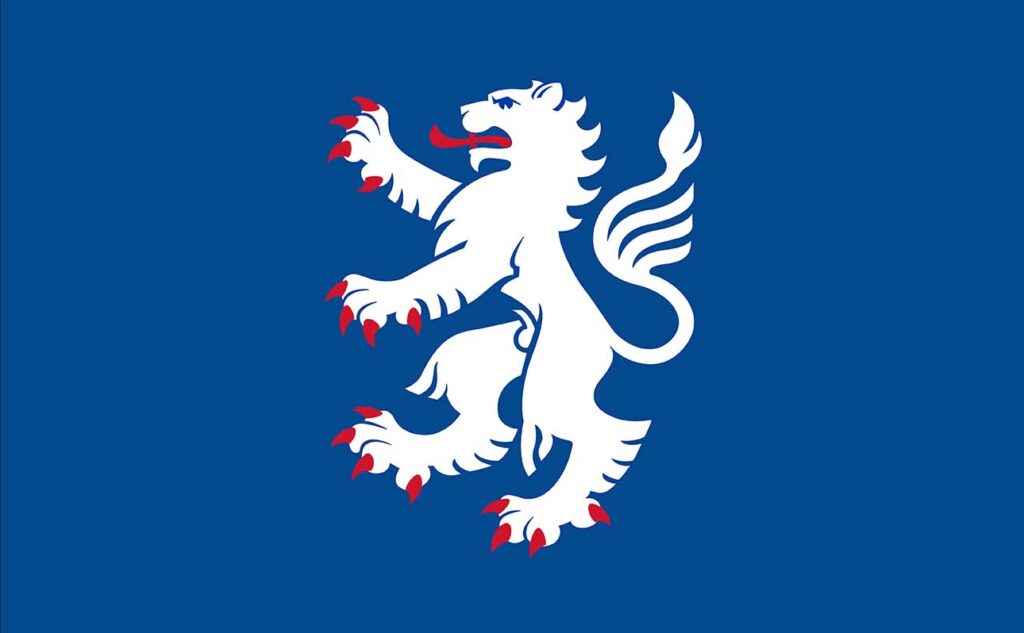
Popular
Geography and Tourist Attractions
Information about the province's tourist attractions, including popular destinations, events, and activities.
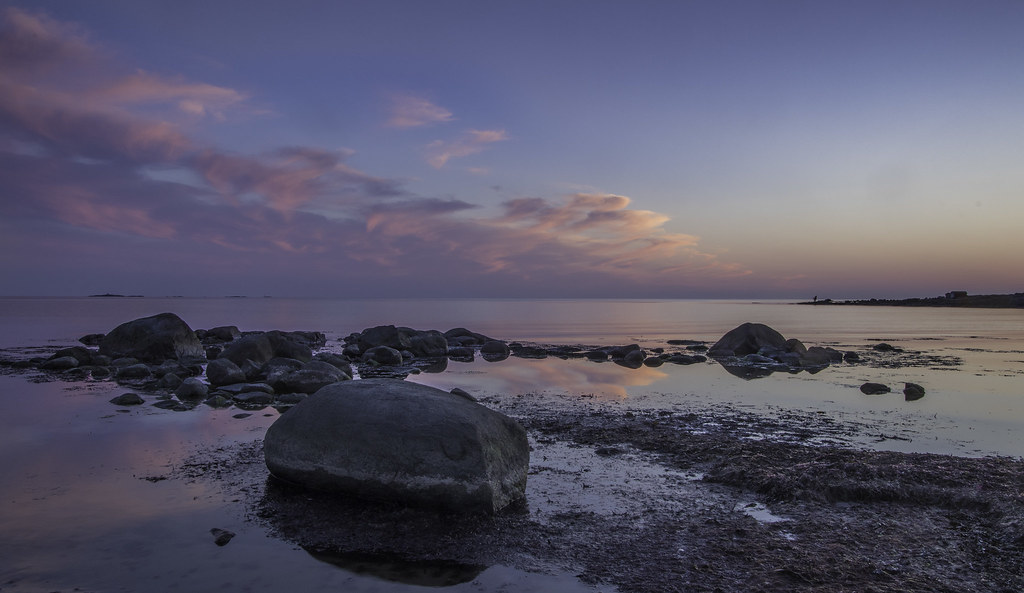
Grimsholmen Nature Reserve
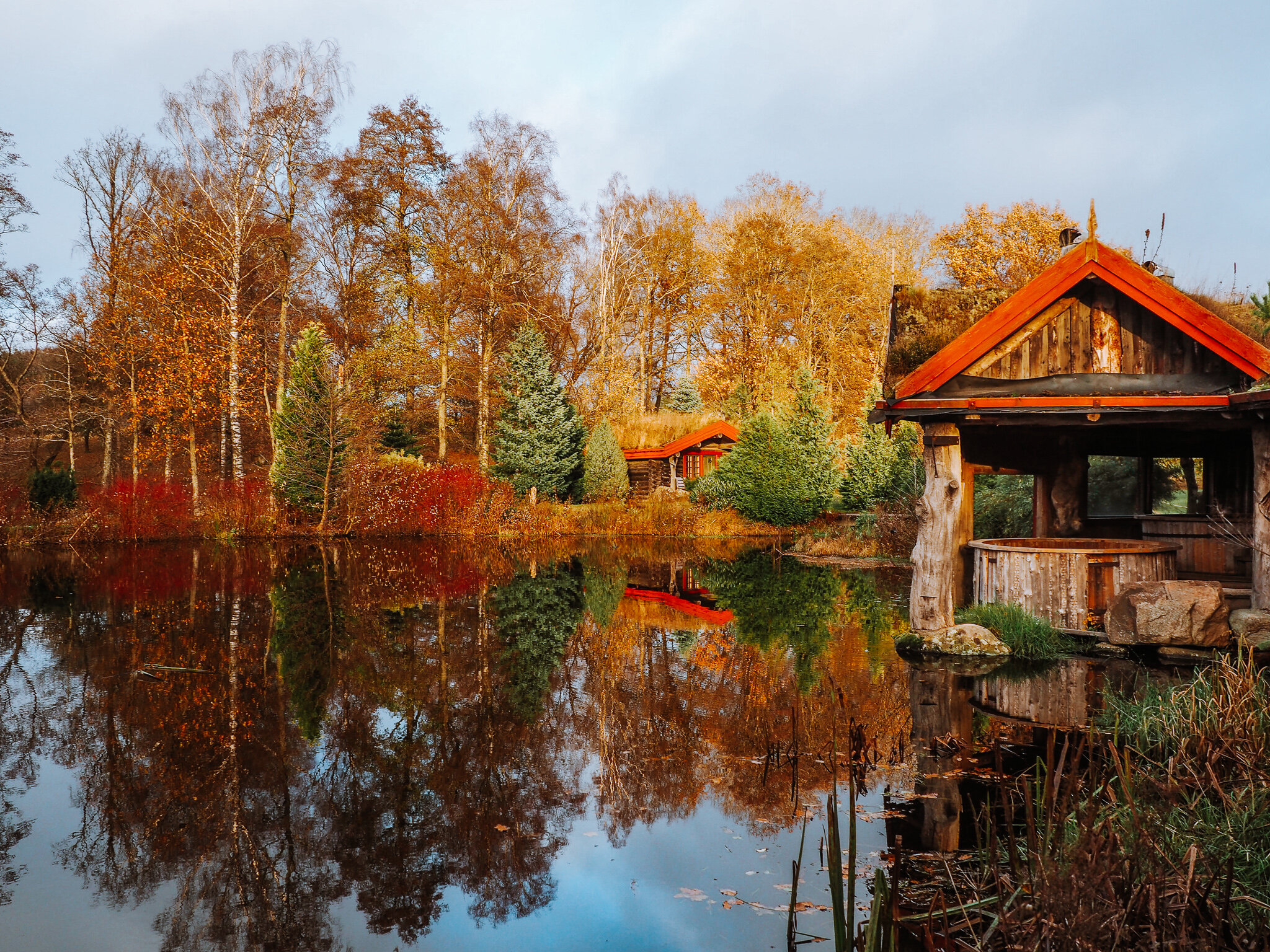
Ästad Vineyard
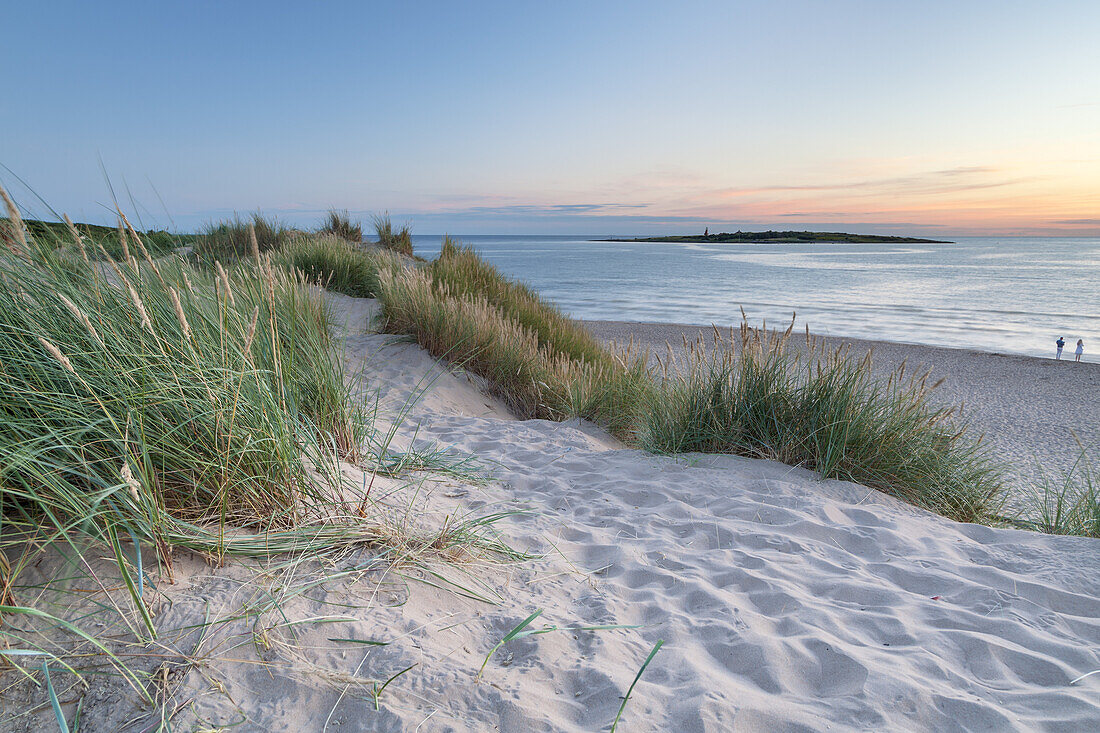
Tylösand Beach
Political
Economy and Government
The region of Halland in Sweden has a diverse economy that is driven by a mix of industries, including agriculture, manufacturing, tourism, and service sectors. The fertile lands of the region make it an important agricultural area, with crops such as wheat, sugar beets, and potatoes being major exports. The manufacturing industry is also a significant contributor to the local economy, with companies producing everything from paper products to automotive parts. In recent years, tourism has become an increasingly important industry in Halland, with visitors drawn to the region's beautiful natural landscapes, historic sites, and cultural attractions.
The government of Halland is responsible for managing the region's public services and infrastructure. The region is governed by a county council, which is made up of elected officials who oversee healthcare, public transport, waste management, and other essential services. The county council is also responsible for promoting economic growth and development in the region, as well as preserving the area's natural and cultural heritage. The government of Halland has a strong focus on sustainability, with a number of initiatives in place to promote renewable energy, reduce waste, and protect the environment.
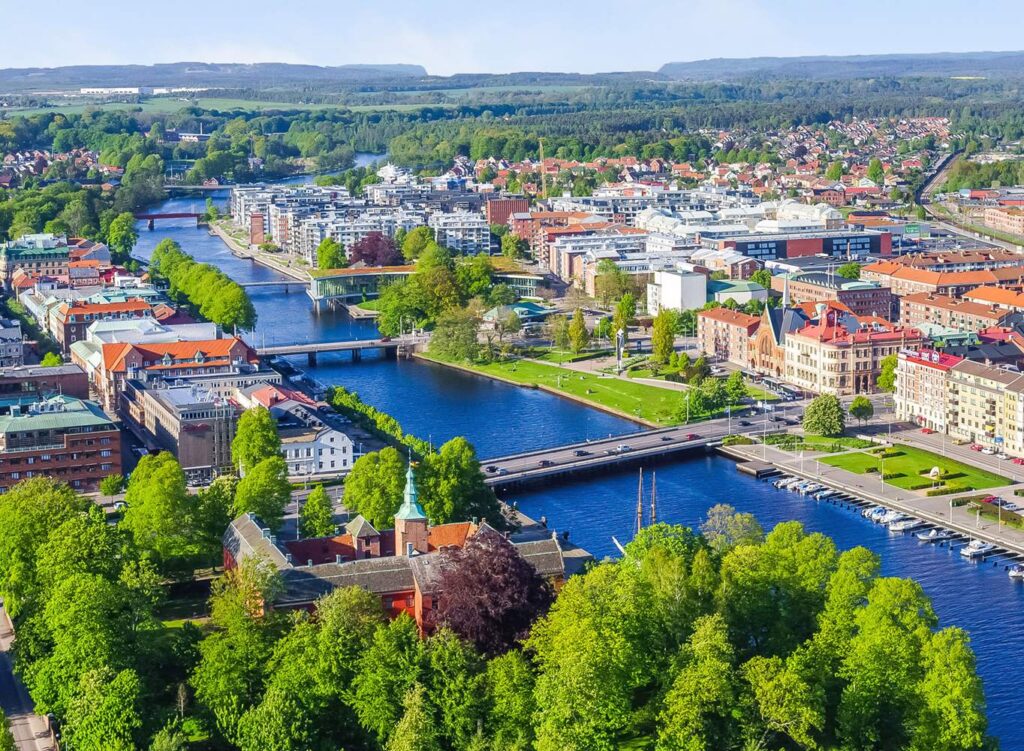
History
History and Culture
The region of Halland in Sweden has a rich history that dates back to the Viking era, with many ancient artifacts and ruins still present in the area. The region has been influenced by various cultures and has been a strategic location for trade and defense throughout history. During the Middle Ages, Halland was part of Denmark, and the region was marked by frequent battles between the Danes and Swedes. In the 17th century, the region was incorporated into Sweden, and many historic landmarks and buildings were constructed during this time, including Halmstad Castle and many churches and mansions.
The culture of Halland is a blend of traditional Swedish customs and the unique traditions of the region. The area is known for its folk music, which features traditional instruments like the fiddle and the accordion. The region also has a rich culinary heritage, with many local dishes featuring fresh seafood, wild game, and locally grown produce. Art and design are also an important part of the culture in Halland, with many local artists and designers creating unique works that draw inspiration from the area's natural landscapes and cultural heritage.
HOTELS
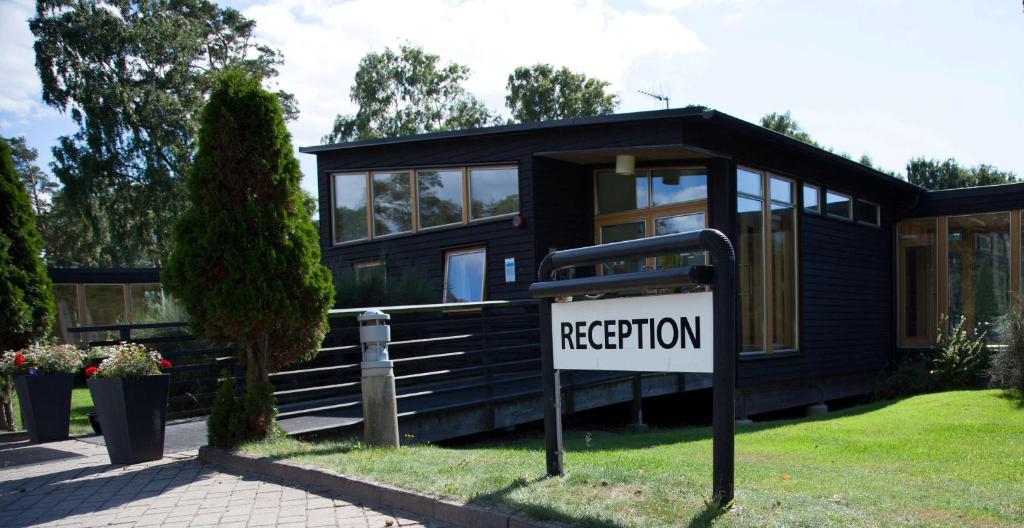
Tylebäck Hotell & Konferens
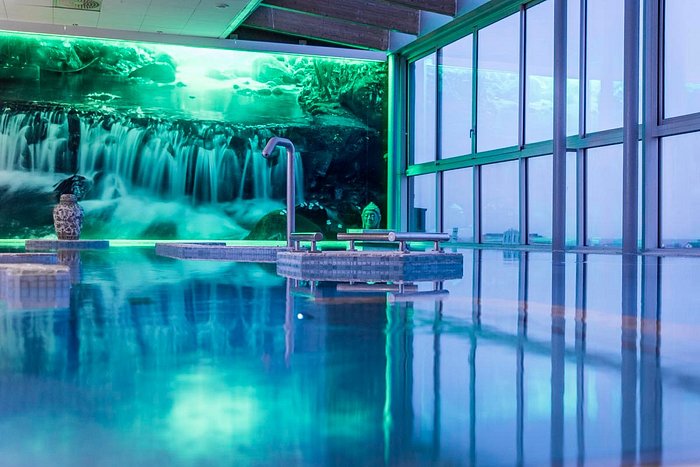
Varbergs Stadshotell & Asia Spa
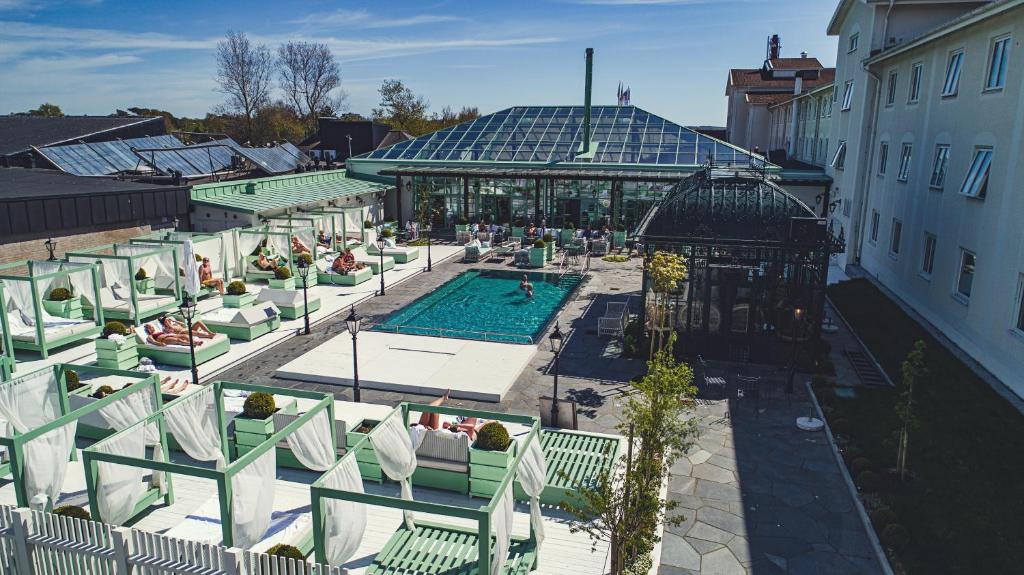
Hotel Falkenberg Strandbad
RESTAURANTS

Restaurant Hamnkrogen
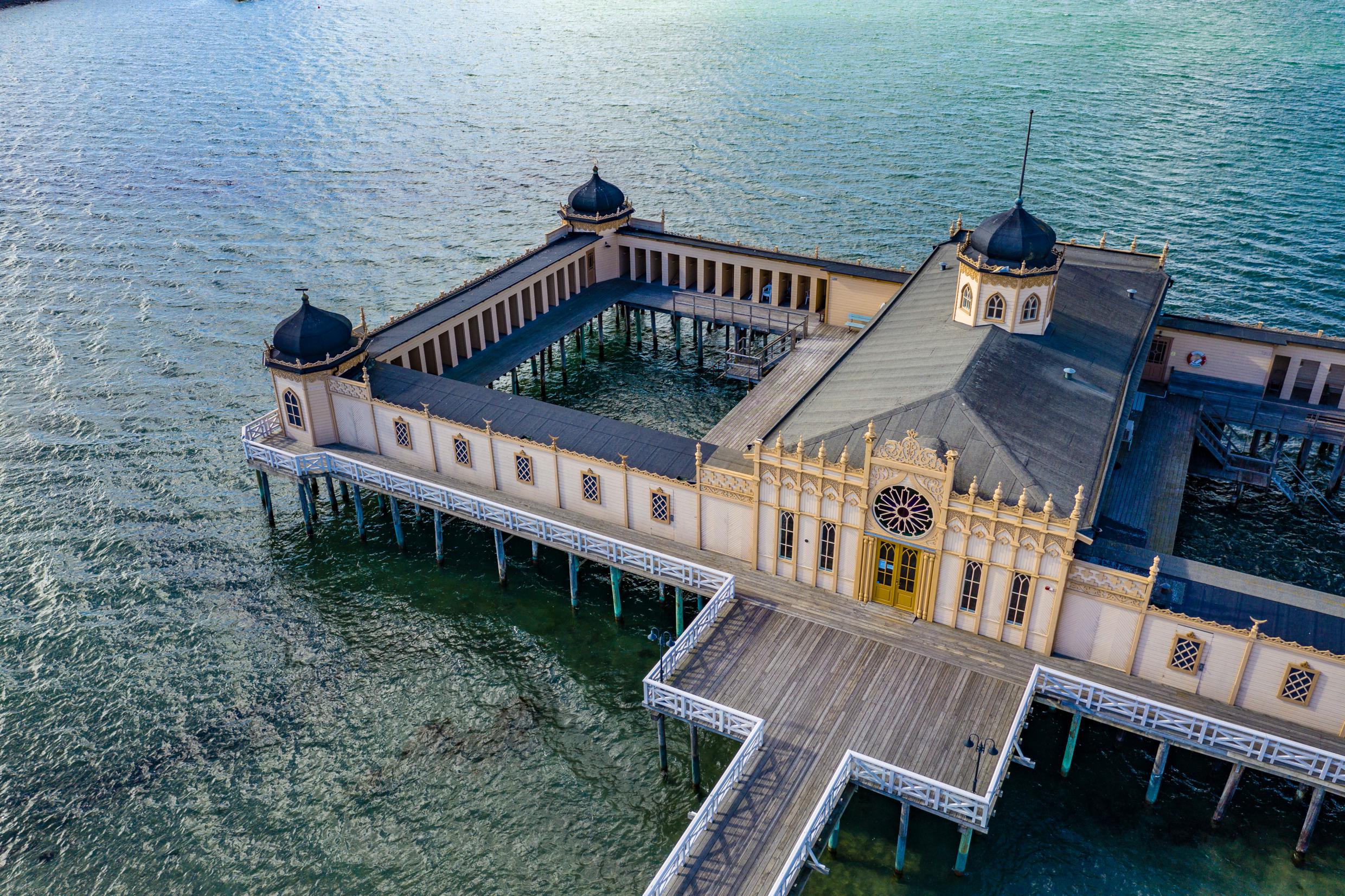
Kallbadhuset

